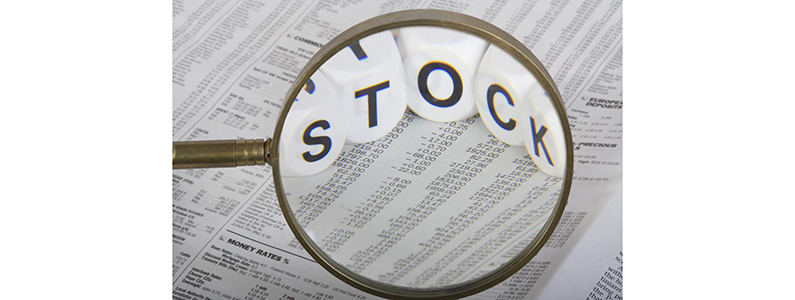A stock’s risk is more than just its price plummeting. Understanding all the risks in buying a stock can help you decide whether it is appropriate for you.
Here are four types of risk to consider before buying a stock:
- Commodity price risk
Commodity trading impacts businesses outside of the traditional definition of commodities (gas, oil, meat, etc.). This is because commodity prices have a ripple effect: if a commodity price is too high and a company cannot afford the raw material, their business won’t function at optimum and their stock may decline.
For example, high-tech computer manufacturers need to buy raw material to build their hardware. The price of the raw materials affects the price of their stock because ultimately the price the computers are sold for will influence their earnings. If they can’t afford to buy raw materials, they won’t be able to make as many computers, and their profits will suffer.
- Headline risk
This is the risk that news stories will hurt a company’s business. Media coverage may be exaggerated, and people tend to overreact to any news. Remember how headlines of the 2011 Fukushima nuclear crisis in Japan hurt companies worldwide? Uranium mining companies and American utilities with nuclear power in their grid lost value because of news headlines, even though there was no concrete threat to those actual companies. With today’s omnipresent social media, the media’s influence on stock prices is unprecedented.
- Obsolescence risk
This is the risk that a company’s business will eventually die out. The biggest obsolescence risk is that a competitor will find a way to produce a similar product at a cheaper price. These days, with global competition increasing, obsolescence risk is growing. Remember Blockbuster? Will iTunes cause Netflix to disappear too?
- Detection risk
This is the risk that an auditor or regulator will discover something fishy or illegal about a company’s activities or books. Whether they are filing taxes improperly or misusing the company’s money, stocks will surely drop once negative news surfaces.
A company’s reputation may be impossible to repair after the news of the financial fraud is widespread, even if they rectify the problem. While sometimes memory is short-lived, other times the press and public are less forgiving.
Why it is risky to ignore risk
There are many different types of risks. Whether they are on your chessboard or in your investment portfolio, don’t ignore the risk that comes along with every new opportunity. If you avoid confronting risks, the outcome may be worse than the risk itself.
Evaluate risks at every decision-making point so you can be sure you are choosing the safest route for you.
For a low-risk way to learn more about risks and opportunities listen to this six-minute podcast here.
Douglas Goldstein, co-author of Rich As A King: How the Wisdom of Chess Can Make You A Grandmaster of Investing, is an avid chess player, international investment advisor, and Certified Financial Planner (CFP®).




